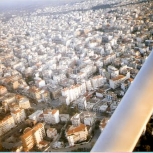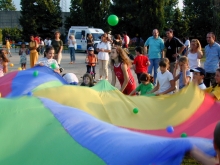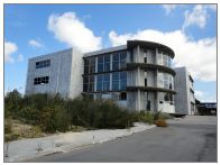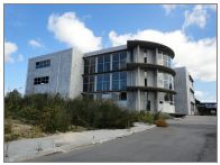
Larissa
Larissa is the capital and biggest city of the Thessaly Region in central Greece. It is a key agricultural, industrial and commercial centre. Linked by road and rail with the port of Volos, the cities of Thessaloniki and Athens, it is also a major national transportation hub. The population of Larissa’s municipality is 163,000, while the wider region has 284,000 inhabitants. As elsewhere in the country, the city is living with the consequences of Greece’s general economic crisis with an unemployment rate of 21%, according to 2011 figures.
There is a legacy of education and employment-driven migration in the area, leading to a statistically lower level of educational attainment amongst the regional population. This represents a challenge to the authorities in seeking to build a skilled labour force and a knowledge-based economy. This situation has been further exacerbated in recent years, when many young people in the manufacturing and construction industries became unemployed, with their only options being social welfare or migrating to other European Union countries in search of work.
The alluvial soils of the Thessalian Plain on which Larissa is built is also one of Greece’s major agricultural regions. The area cultivates fruit—notably watermelon and melon—vegetables, cotton and grains, along with dairy produce. Sheep and goats are farmed in the higher areas. As a tourist destination, Larissa has several archaeological sites of interest, including an impressive ancient amphitheatre.
SOME RELATED NETWORKS
Wood Footprint
Playful Paradigm
Article
23 Action Planning Networks ready for Phase 2!
News
23 Action Planning Networks approved!
Article
Welcome to the European Playful Cities!
News
Special Report on Wood Footprint - From Empty Showrooms to Economic Development
News







